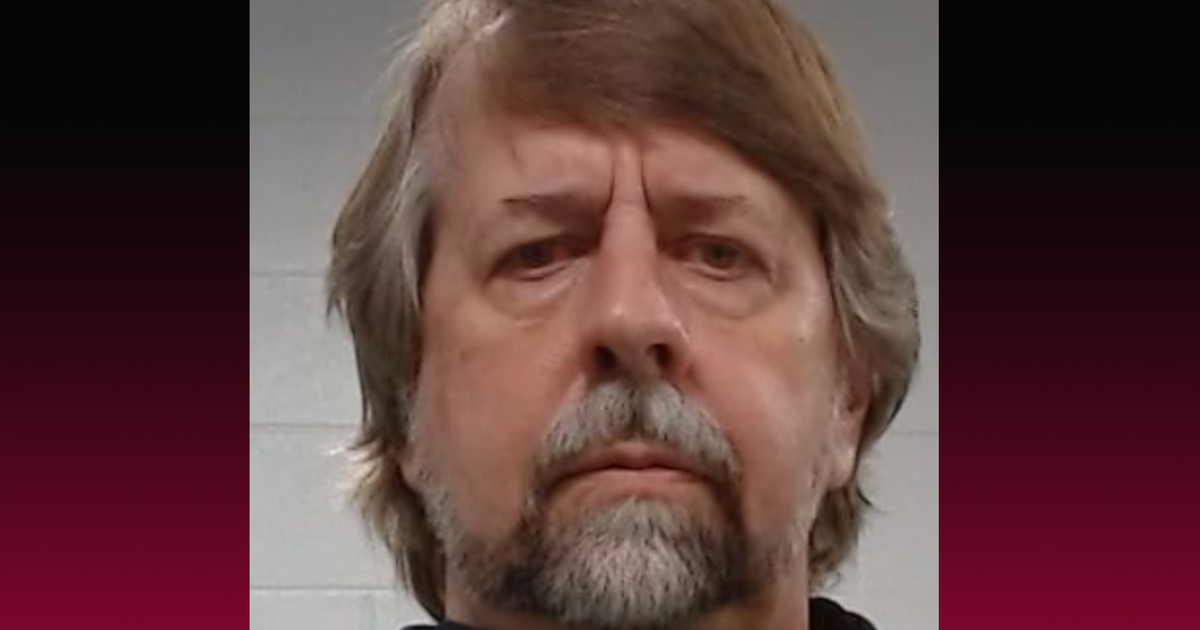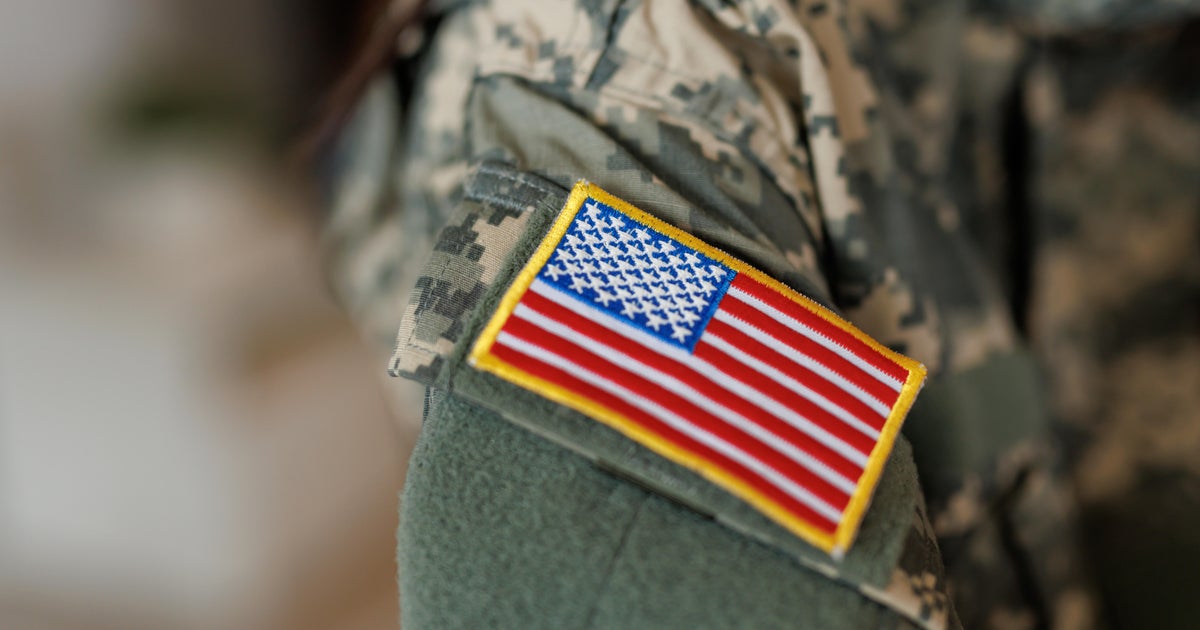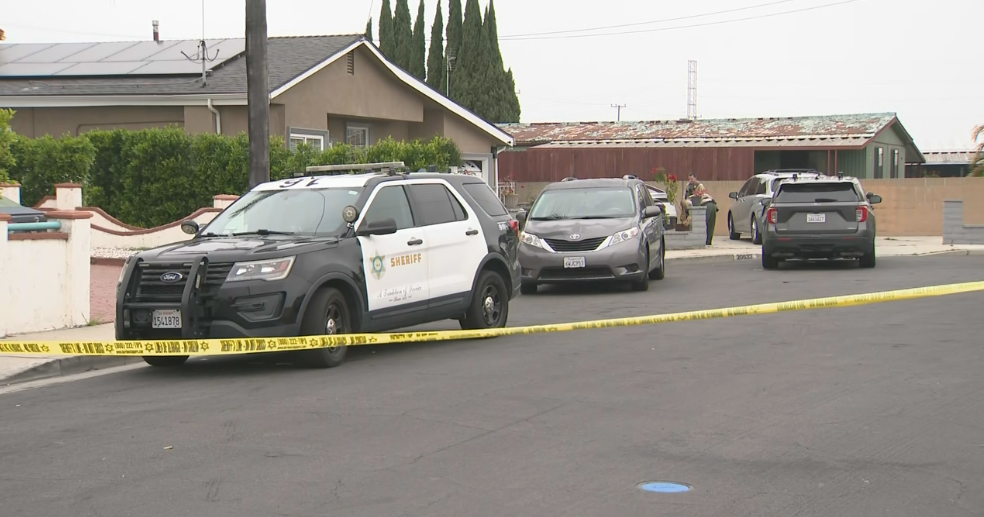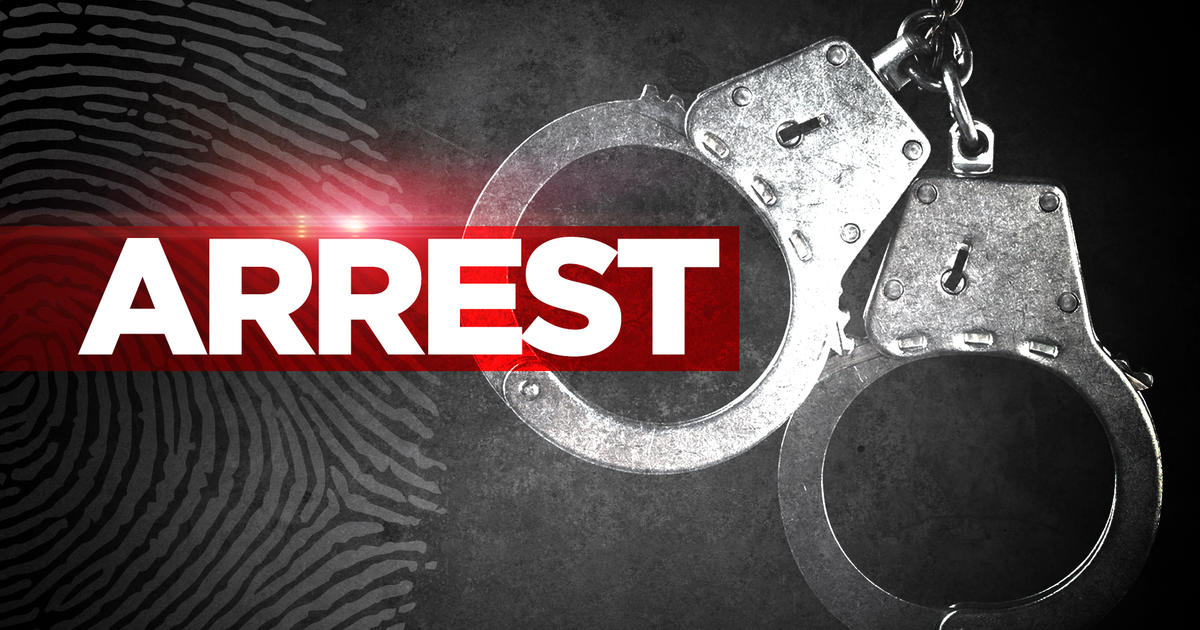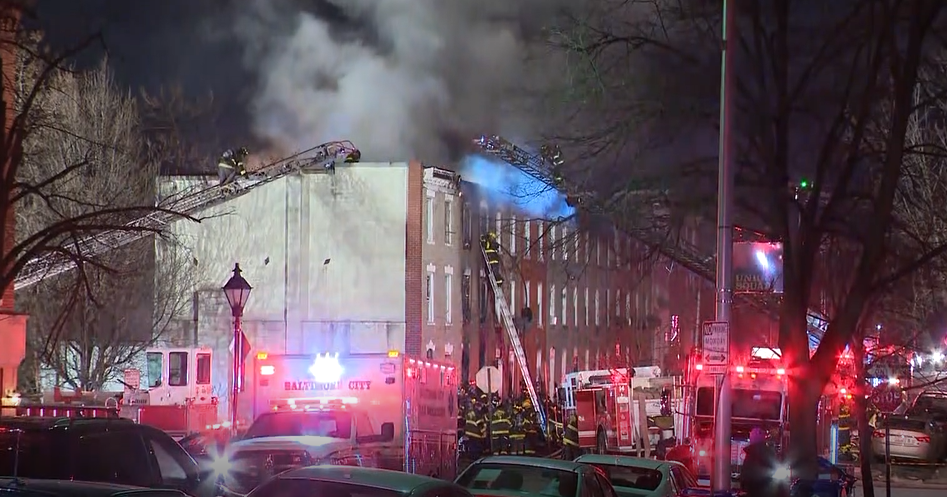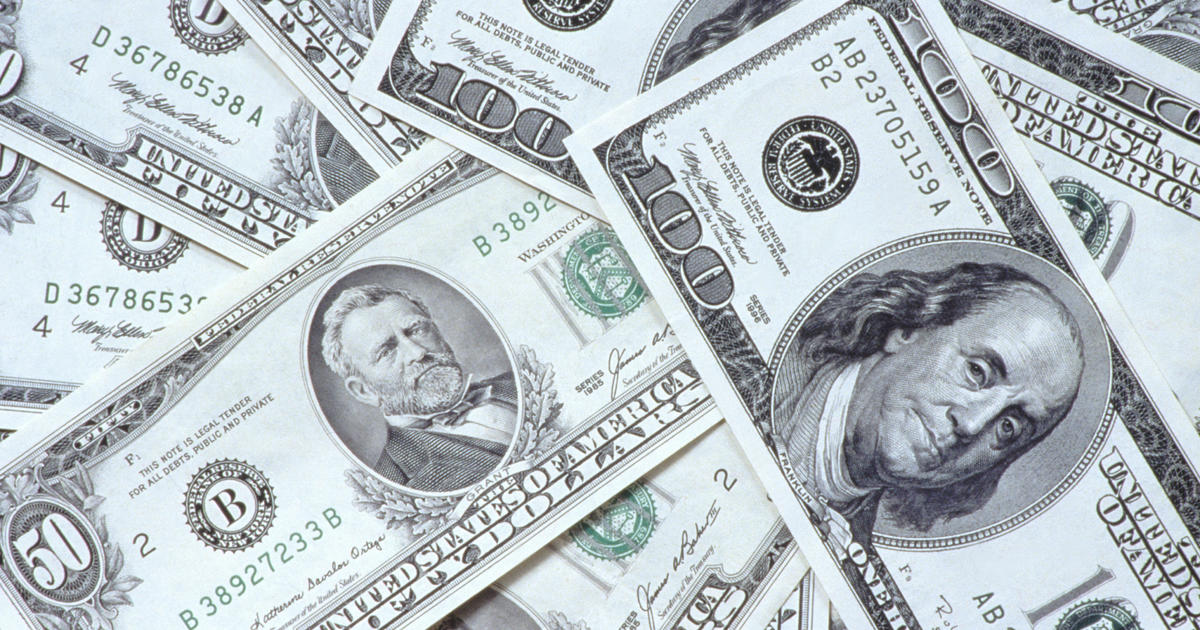Judge To Review NCAA's Penn State Sanctions Emails
HARRISBURG, Pa. (AP) — A judge has ordered the NCAA to turn over 477 internal emails relating to the sanctions imposed on Penn State over the university's handling of the Jerry Sandusky child sex abuse scandal.
Commonwealth Court Judge Anne Covey said Friday that she will review the emails to determine whether they can properly be withheld under attorney-client privilege or other grounds.
A state lawmaker and the state treasurer have sought the material as they prepare for a January trial on a lawsuit over a state law ordering fine money collected under the 2012 consent decree to be kept within Pennsylvania to address child abuse.
College sports' governing body last month called the state law "blatantly unconstitutional" but has said it would allow the money to stay within the state. The case, however, has morphed into a wider look at the legality of the consent decree. The state Supreme Court on Wednesday turned down the NCAA's bid to prevent the case from going to trial as scheduled.
Sandusky, the former assistant football coach, was convicted in 2012 of sexually abusing 10 boys and is serving decades in prison. Afterward, the NCAA fined Penn State $60 million, imposed a temporary bowl ban and took away 112 wins the football team had under longtime coach Joe Paterno. The NCAA recently ended the bowl ban and restored football scholarships earlier than scheduled but hasn't reinstated the wins.
The plaintiffs said documents were improperly withheld as protected by attorney-client privilege, such as email exchanges on which a lawyer was one of a number of people copied. The NCAA said lack of an attorney's identification at the top of the communication was "an insufficient reason to justify the intrusion" of review by the court, but the judge disagreed.
"Based upon our own review of the NCAA's privilege log and the sample disputed documents, and after consideration of the parties' arguments ... this court finds that an in camera inspection of the remaining disputed documents is 'necessary and appropriate' to establish privilege," Covey said.
The documents were ordered sealed and delivered to the court by noon Nov. 14, along with a list of the name and job title of every individual sending, receiving or being copied on them.
The unprecedented sanctions imposed by the NCAA penalties have been a target of criticism, and the emails reflect doubts within the NCAA about whether they were legal or fair. In one email, an NCAA official characterized the disciplinary response as "a bluff" and said asserting its jurisdiction would be "a stretch." Penn State leaders have expressed dismay at the excerpts released so far.
(© Copyright 2014 The Associated Press. All Rights Reserved. This material may not be published, broadcast, rewritten or redistributed.)
You may also be interested in these stories:
